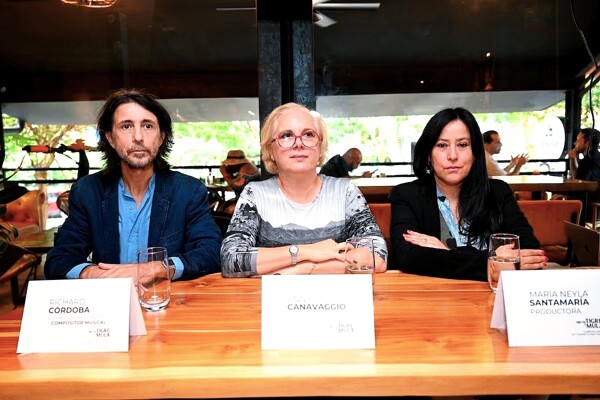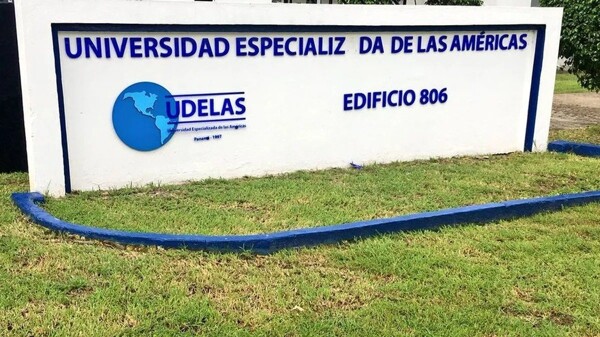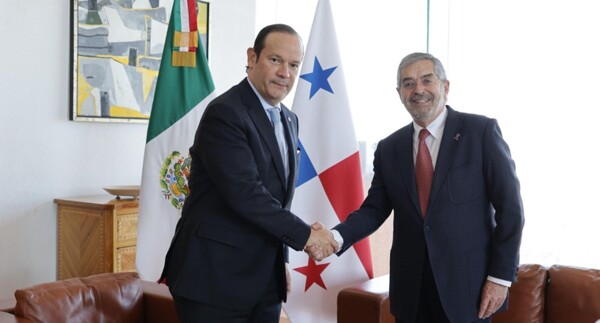
According to a 2022 World Bank study, only 28% of adults in Latin America have enough savings to cover three months of expenses. This figure highlights the importance of having an emergency fund to protect against financial surprises.
In a world where bills arrive on time but surprises do not give notice, saving may seem like an unattainable luxury. However, it is the foundation of any solid financial plan.
In the words of the World Bank, "having an emergency fund can be a financial shield that protects families from falling into poverty during difficult times." This reserve of money intended for unexpected situations provides security and peace of mind in times of crisis.
Saving for an emergency fund is the first major step toward financial stability. Despite the difficulties that may arise, having an emergency fund reduces economic vulnerability and helps face unexpected events without resorting to debt.
Ultimately, prioritizing savings and allocating a percentage of income to an emergency fund is a fundamental measure to ensure long-term financial stability. Discipline and planning are key to building this safety net that allows us to face any adversity with greater strength.














